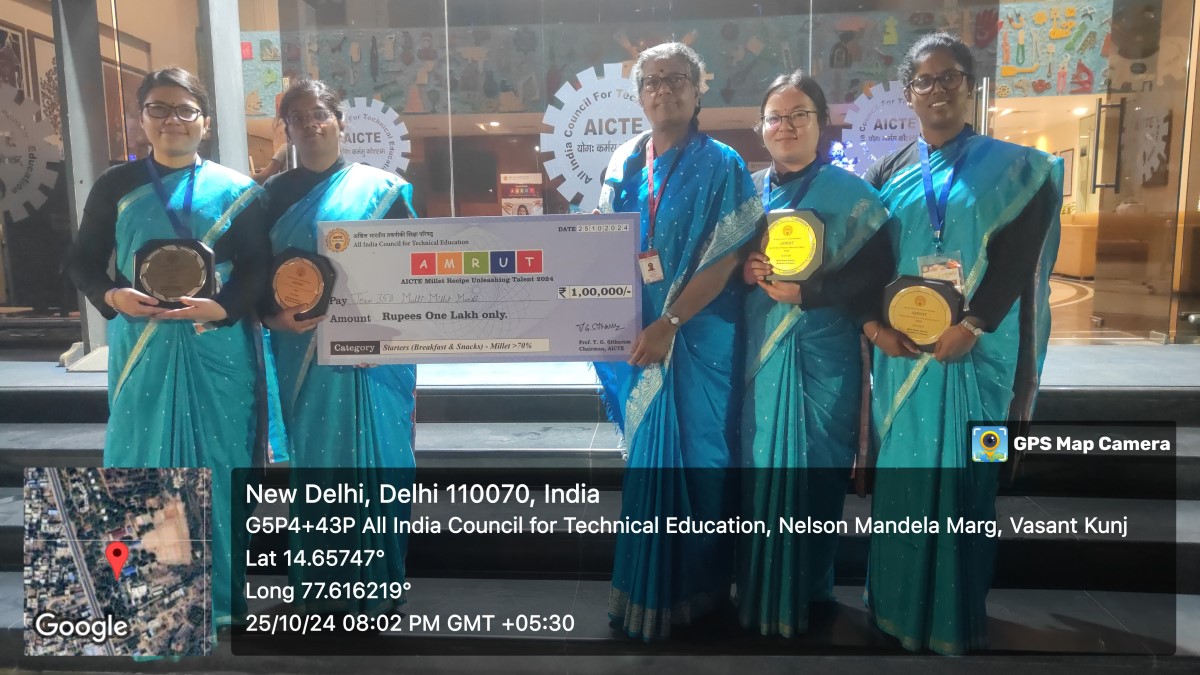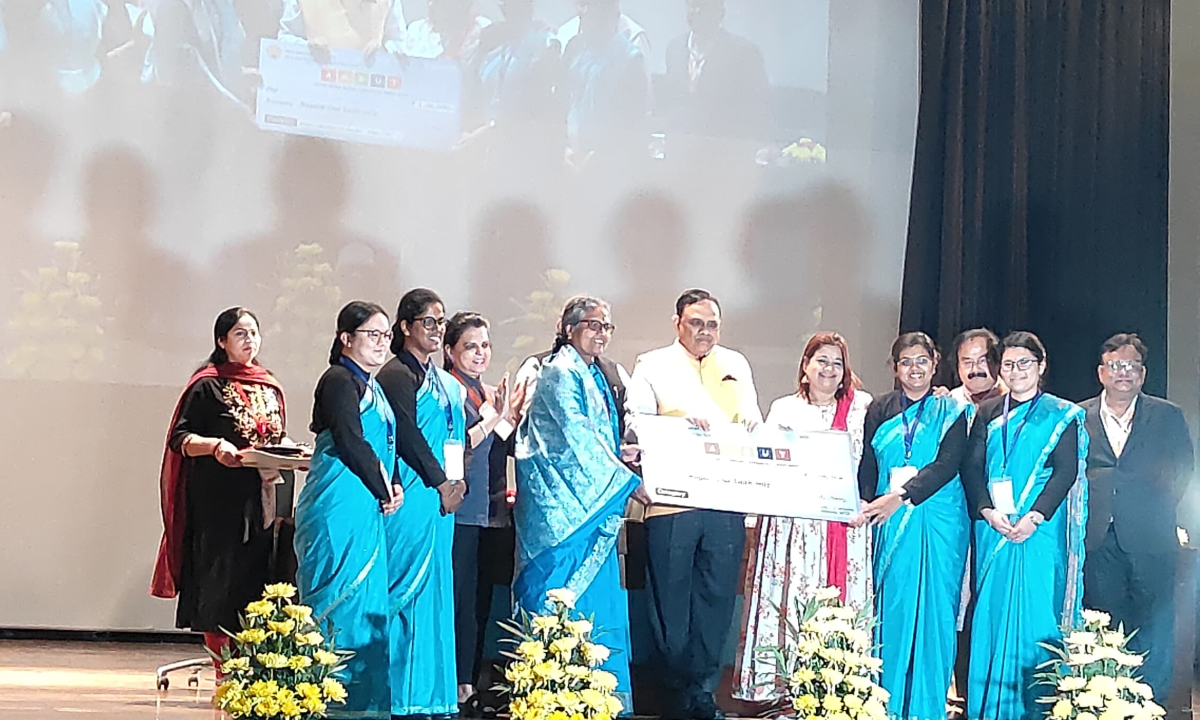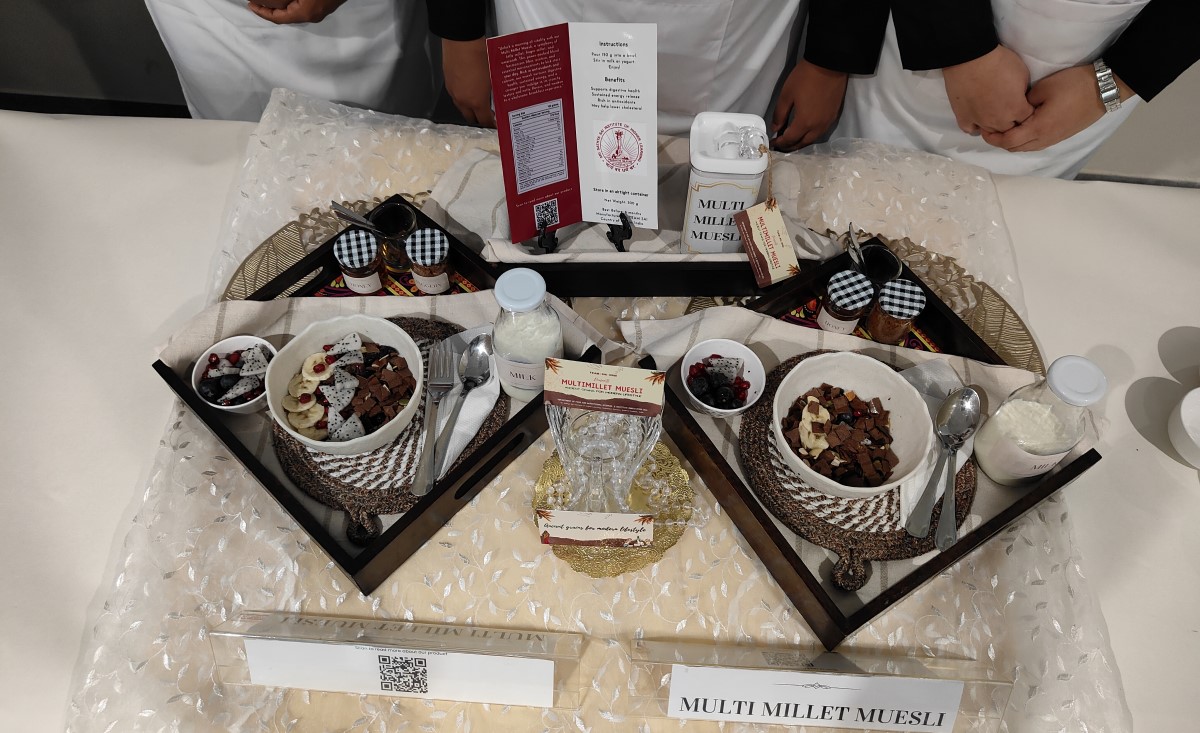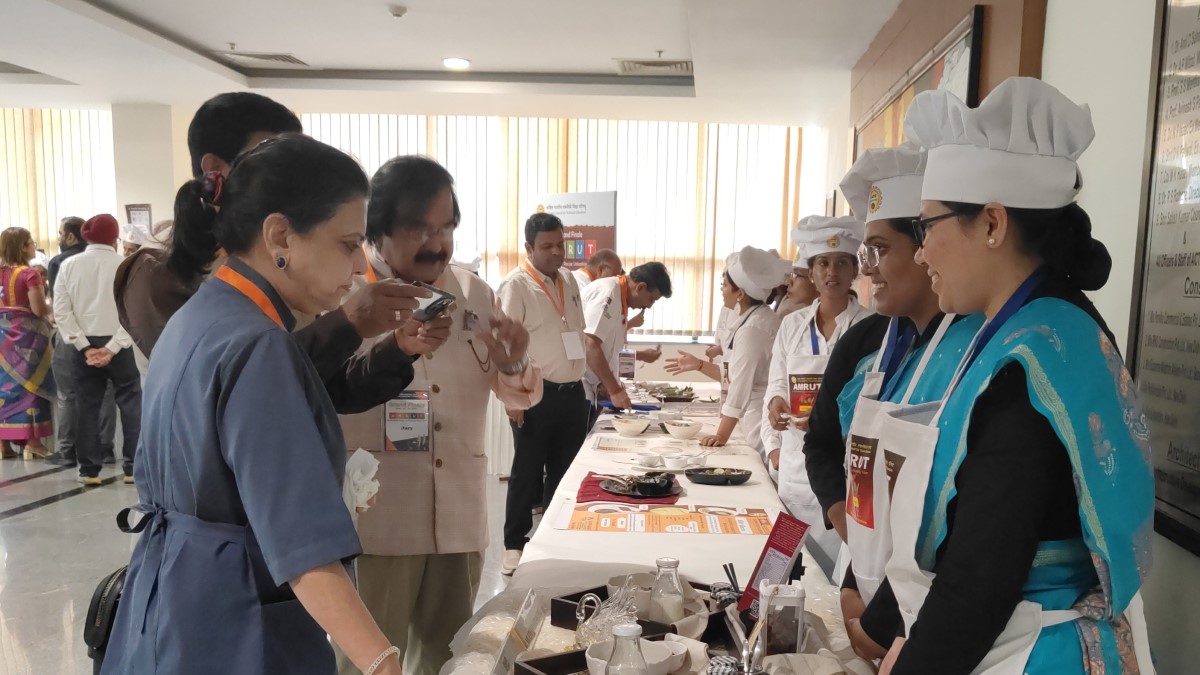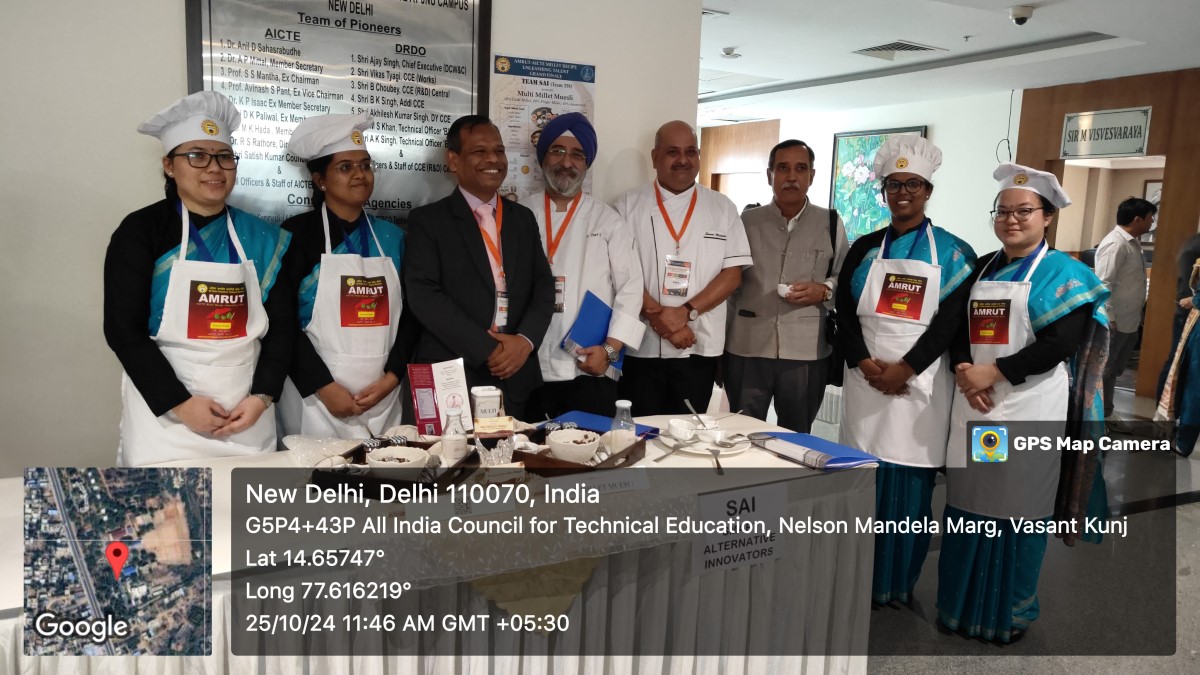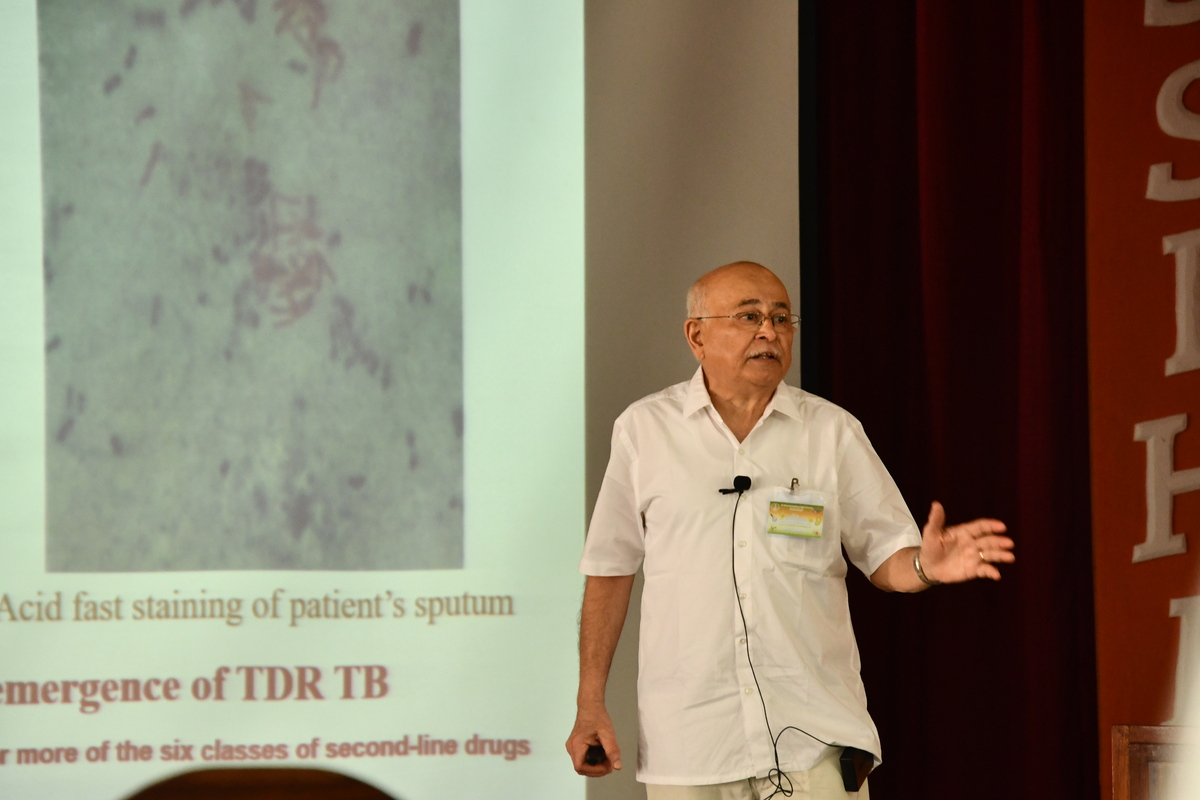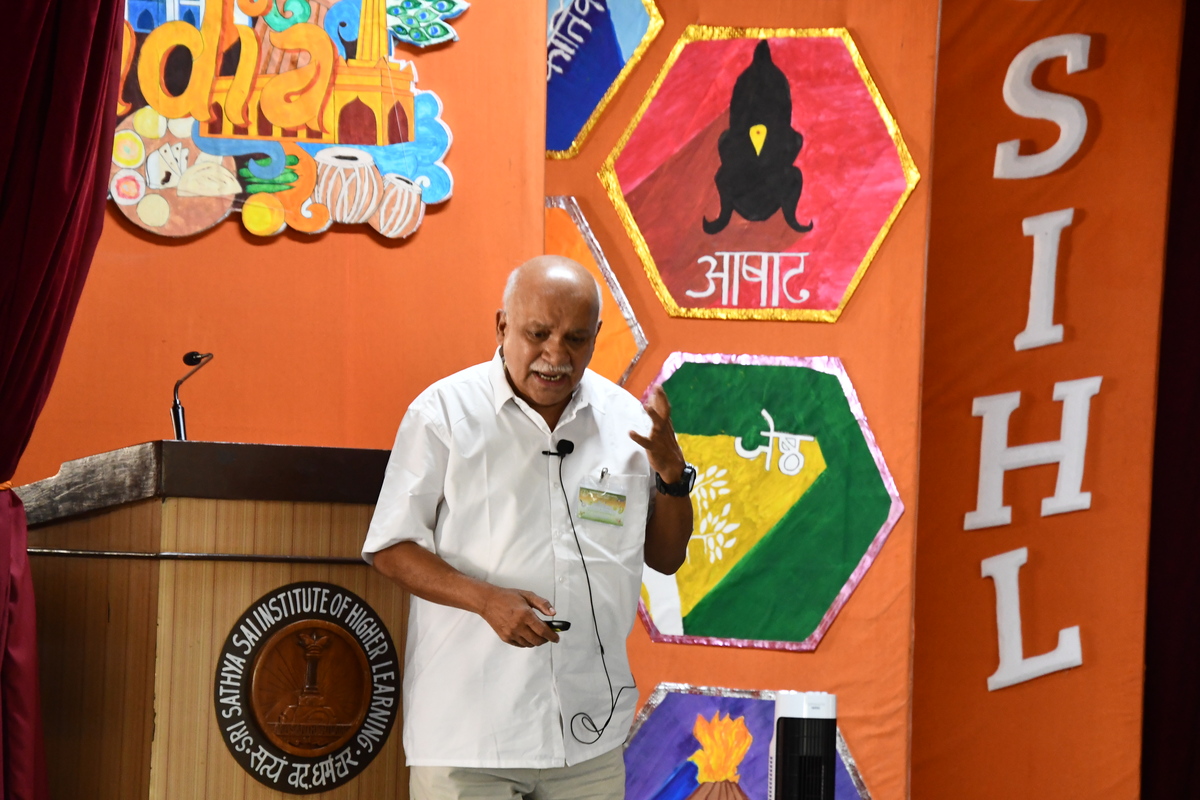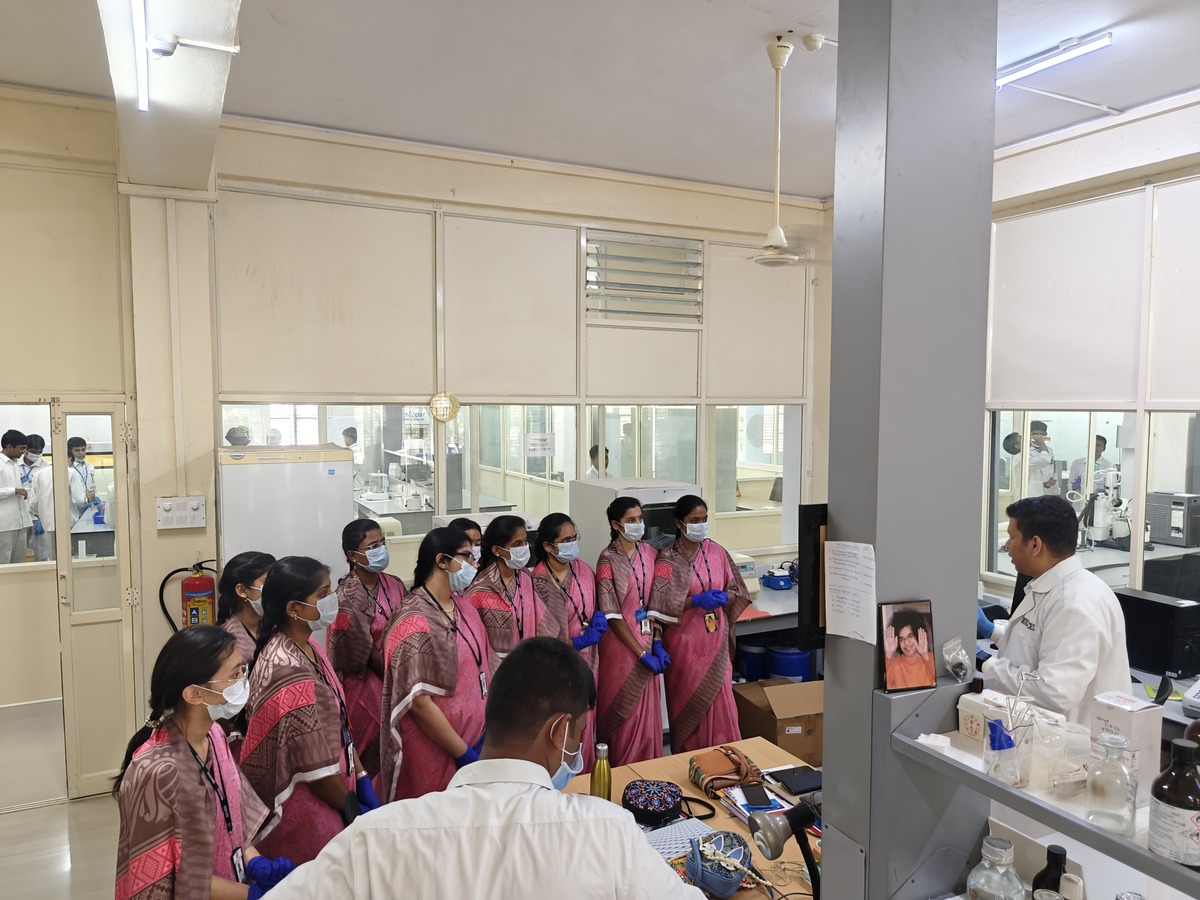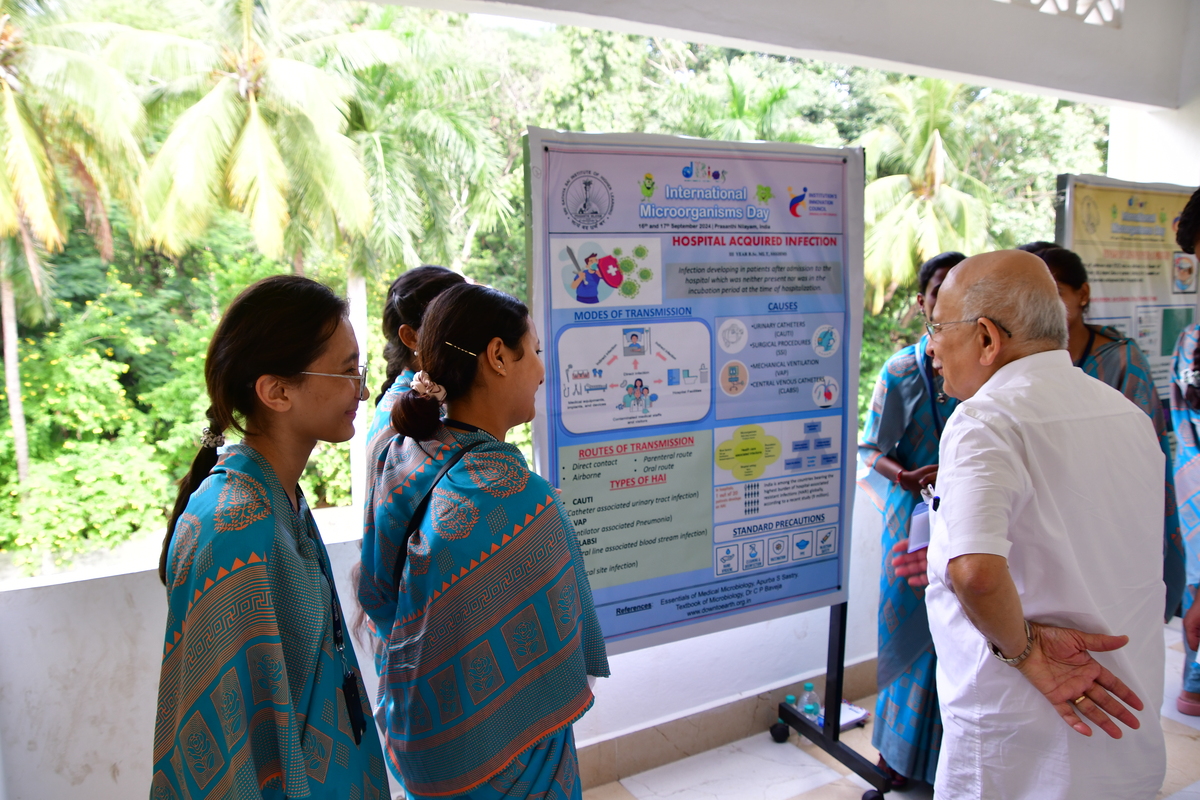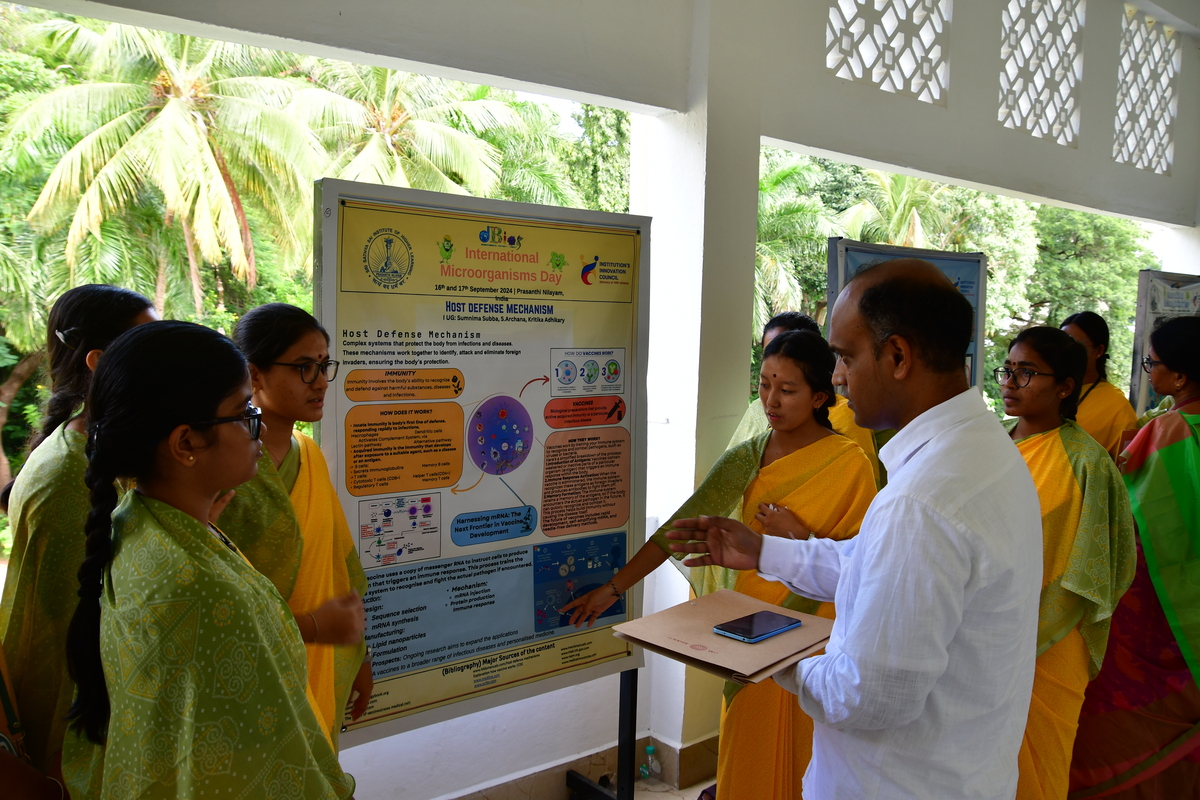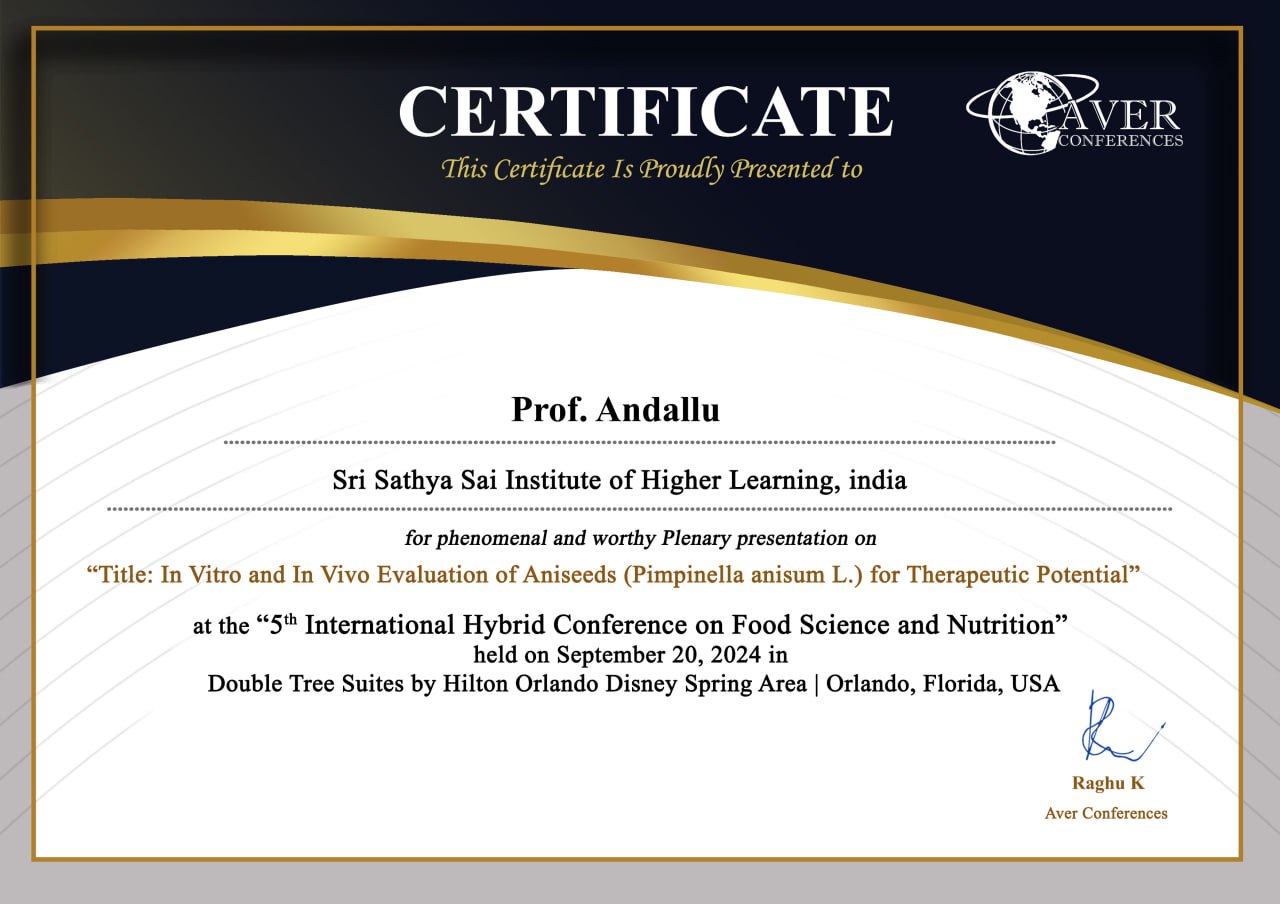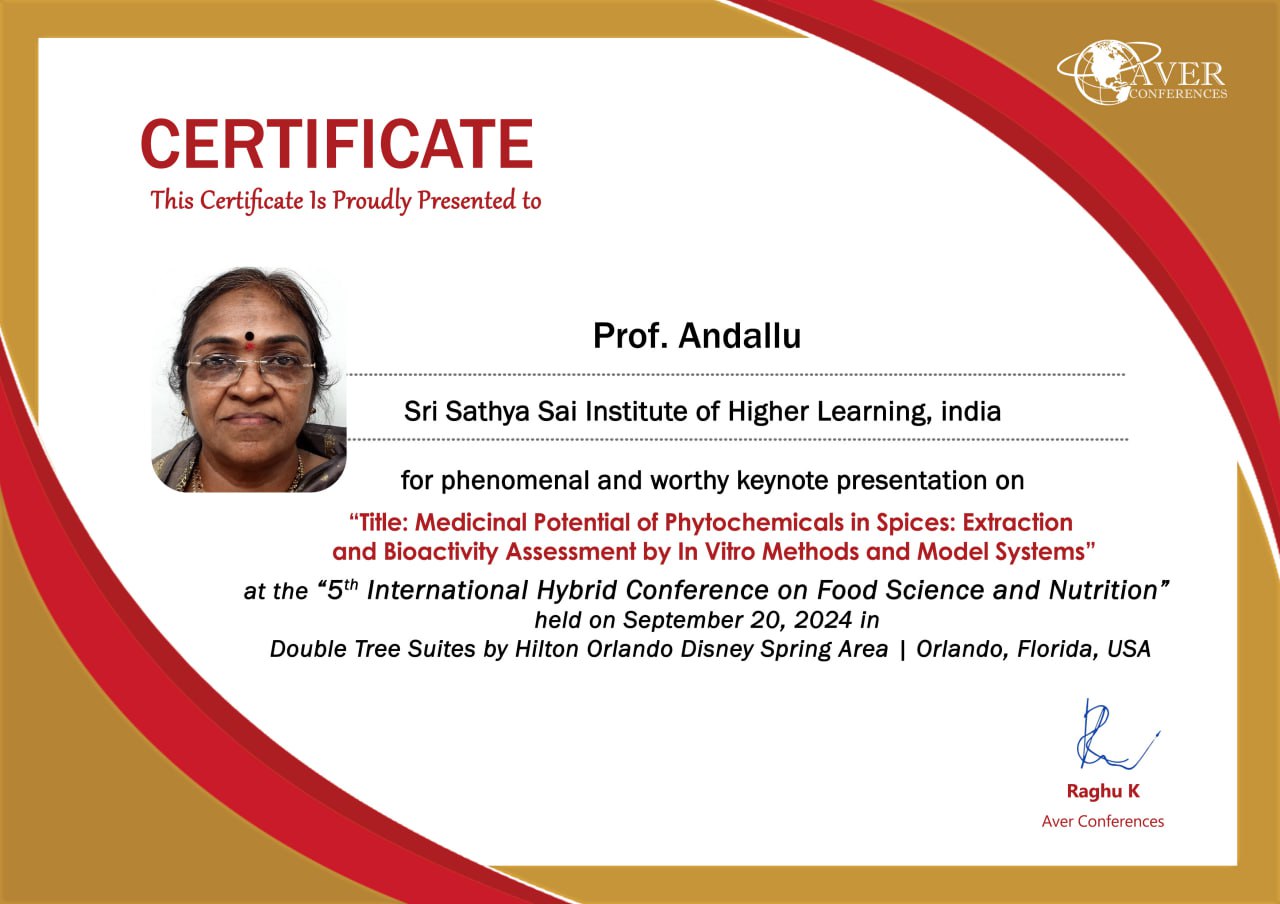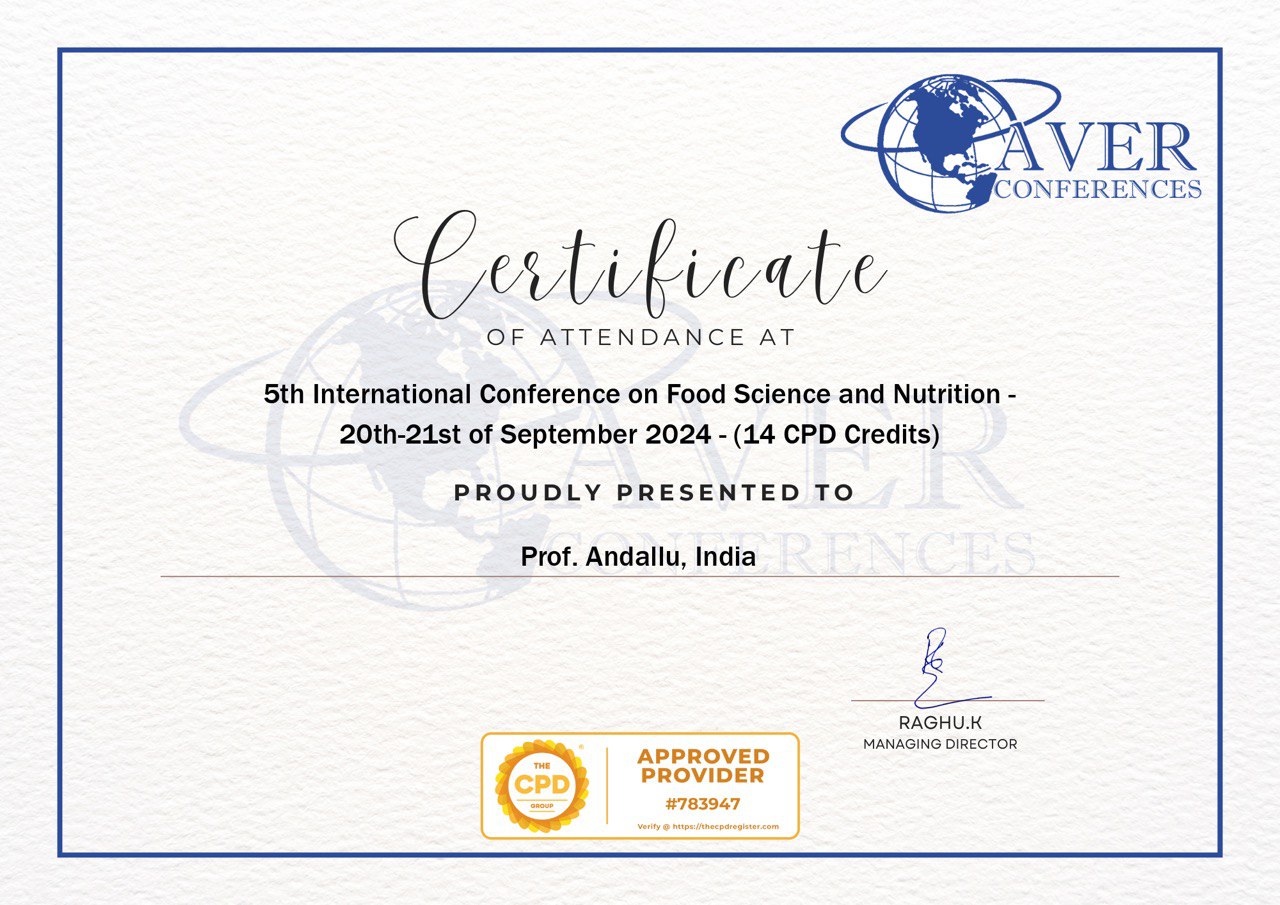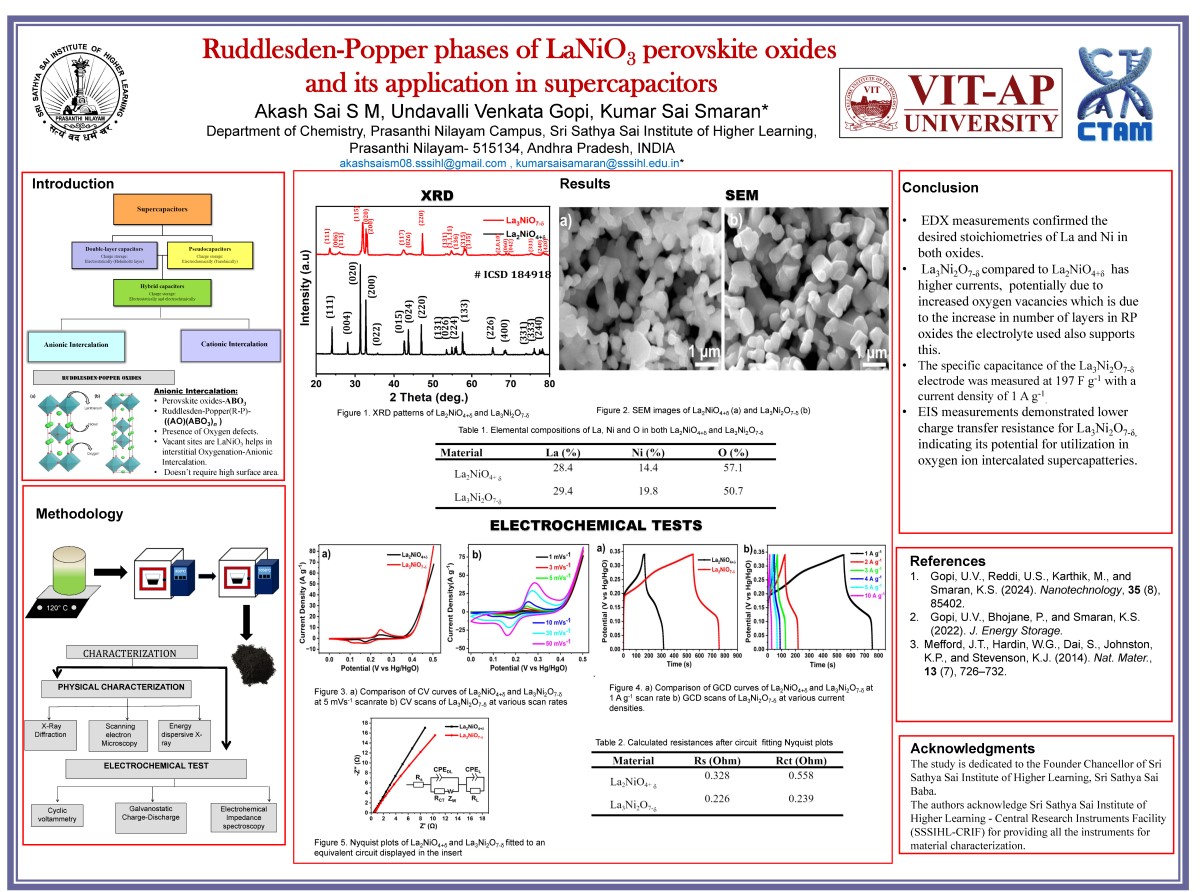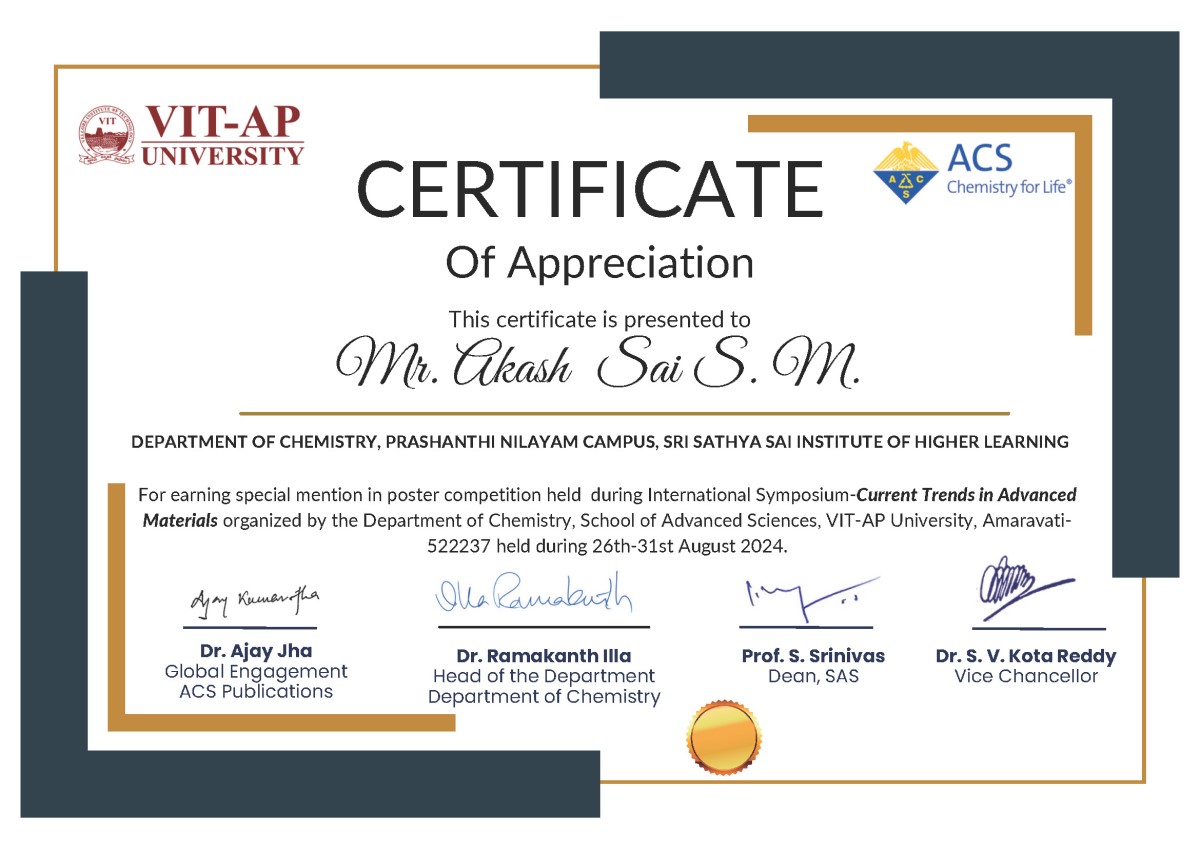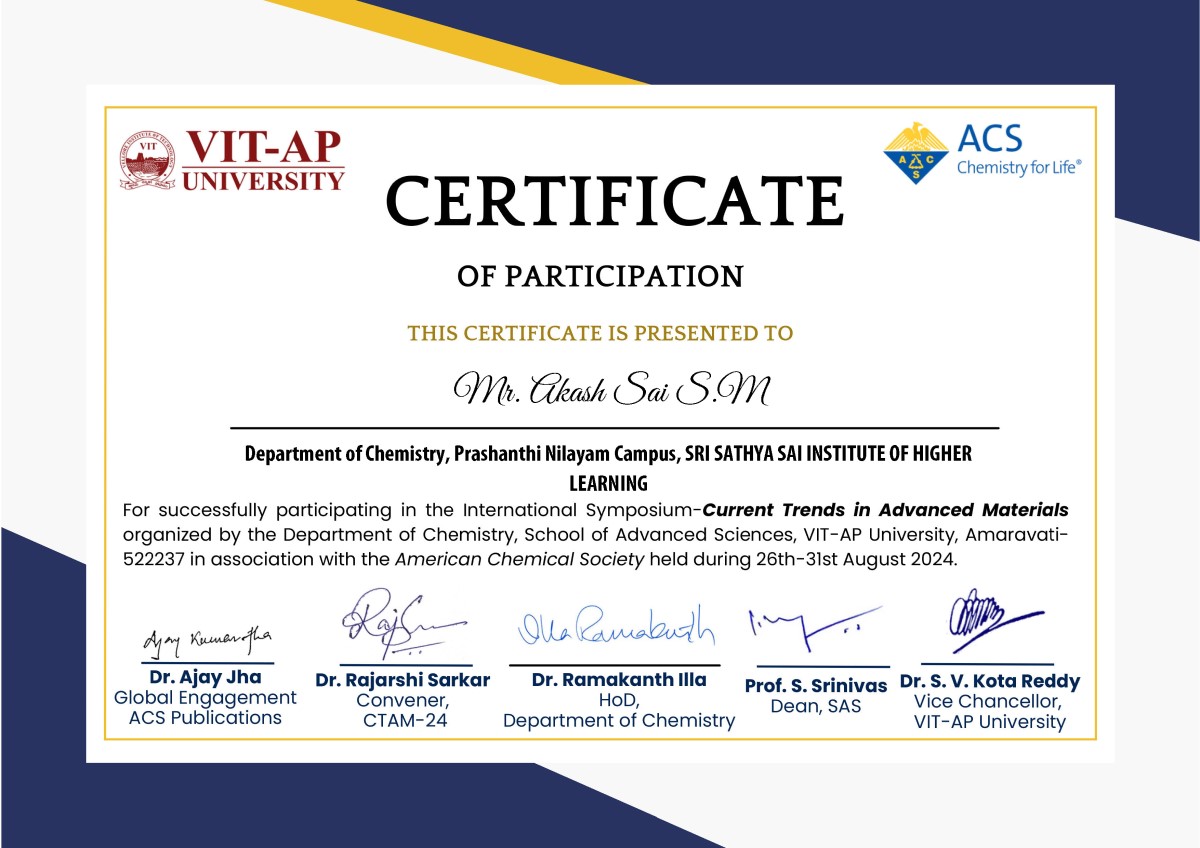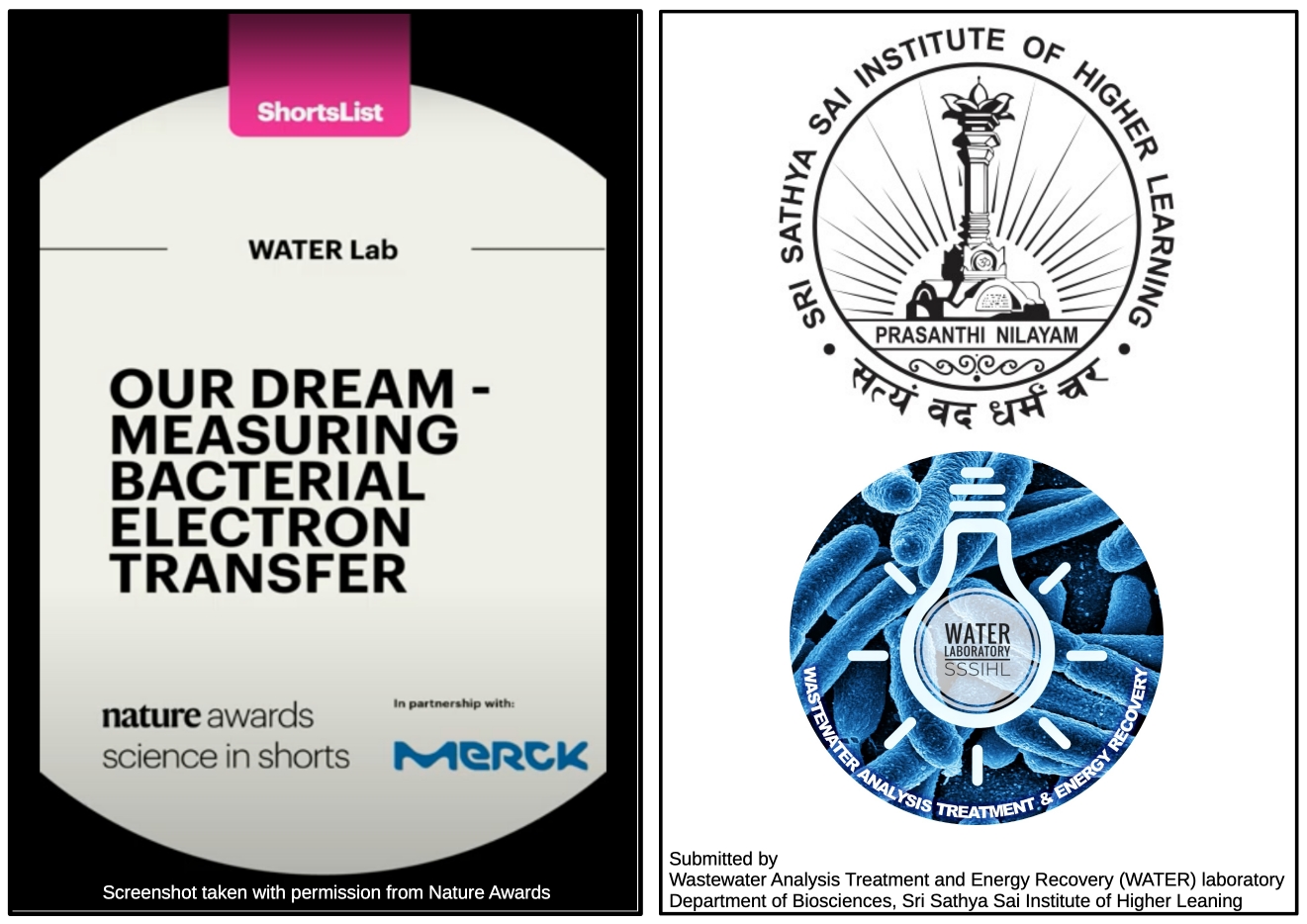Identifying the Issue
- Malarial parasites (Plasmodium) are becoming resistant to presently used drugs, for this reason, there is a need for new and better antimalarial drugs
Objective of the Research
- To synthesize monocarbonyl analogues of Curcumin and study their antiplasmodial activity
Who should read this?
Faculty, research scholars, and students of Medicinal and Organic chemistry
Solution
In our efforts to design mono-carbonyl analogues of curcumin with potential anti-plasmodial activity, diarylidenecyclopentanone (DACP) derivatives, Ia-Iu, II-V have been synthesized and characterized using 1H NMR, 13C NMR, IR, UV-vis and mass spectrometry. The structure of one of these DACPs has been verified by single crystal XRD. At the outset, all the twenty-five DACPs were first screened at 12.5 µM for their in vitro anti-Plasmodial activity against the chloroquine (CQ) sensitive Pf3D7. The three most potent compounds (In, It, and Ik) were further tested at <10 µM concentrations against Pf3D7, PfINDO (CQ resistant), and PfMRA-1240 (Artemisinin resistant) strains for determination of their IC50s and resistance indices. The drug profile of the DACPs was found to be very promising with the most active compound It (IC50 1.39 µM against PfINDO) showing a selectivity Index of ~17 tested using HUH-7 and HEK-293T mammalian cell lines. Molecular docking studies with PfPyridoxal synthase showed a good correlation between docking scores of DACPs and in vitro anti-plasmodial activity. Further, high conformity with Lipinski’s parameters indicates that these DACPs are promising anti-Plasmodial lead compounds.
Key Features and Benefits
- The drug profile of the DACPs was found to be very promising with the most active compound IC50 1.39 µM against PfINDO
- Diarylidenecyclopentanone deritaives can be further explored as potential leads
Impact
- Potential as leads in the development of antimalarial drugs
Team
Nitesh Tamang, Mamta Yadav, Mayank Joshi, Angshuman Roy Choudhury, Dinkar Sahal, and Nageswara Rao Golakoti
Title of paper: “Structure Activity Relationship of Diarylidenecyclopentanone Derivatives as Potent Antiplasmodial Agents , published in Chemistry Select, Volume9, Issue43”
Read Paper Here: https://doi.org/10.1002/slct.202401675


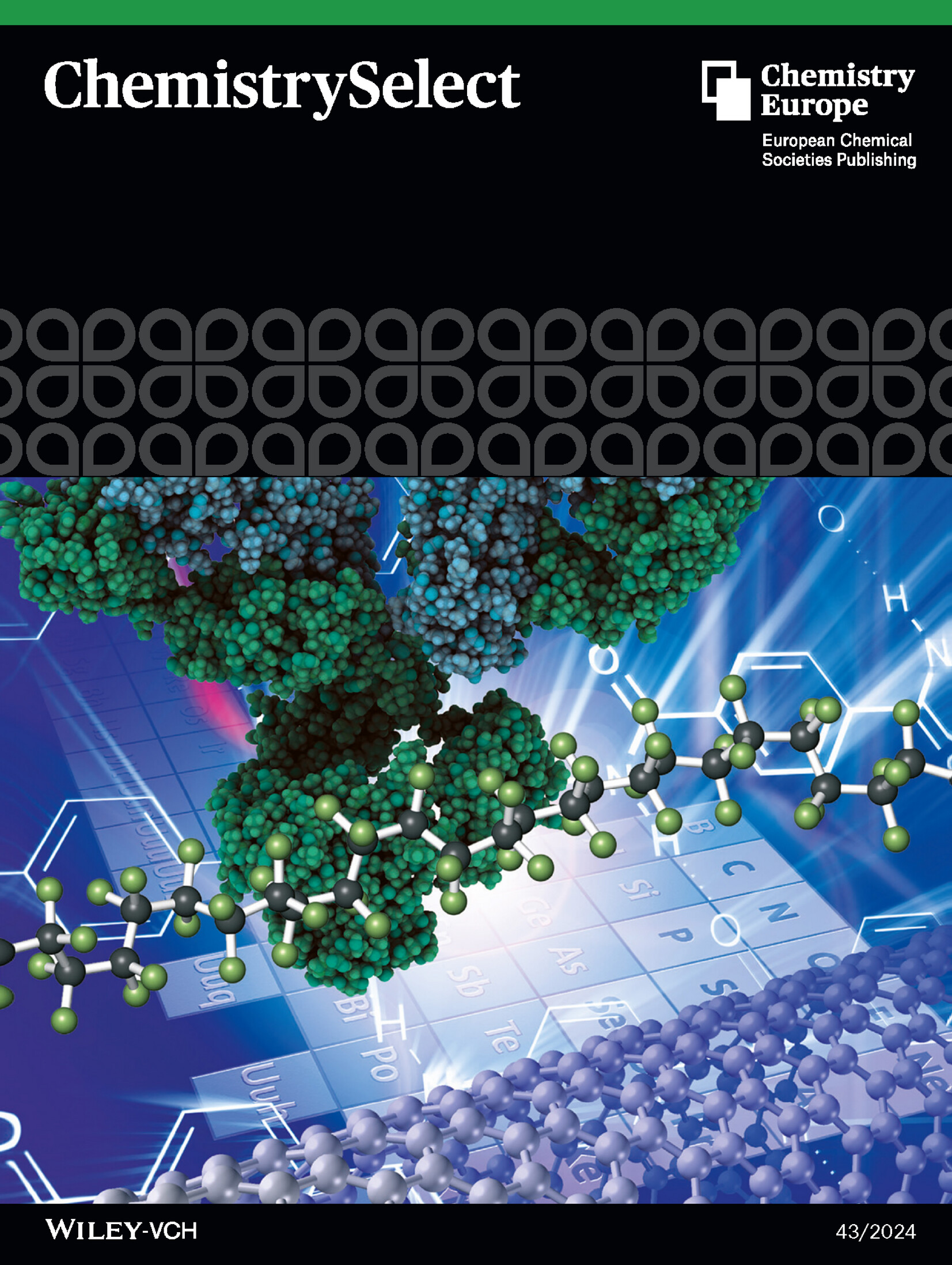
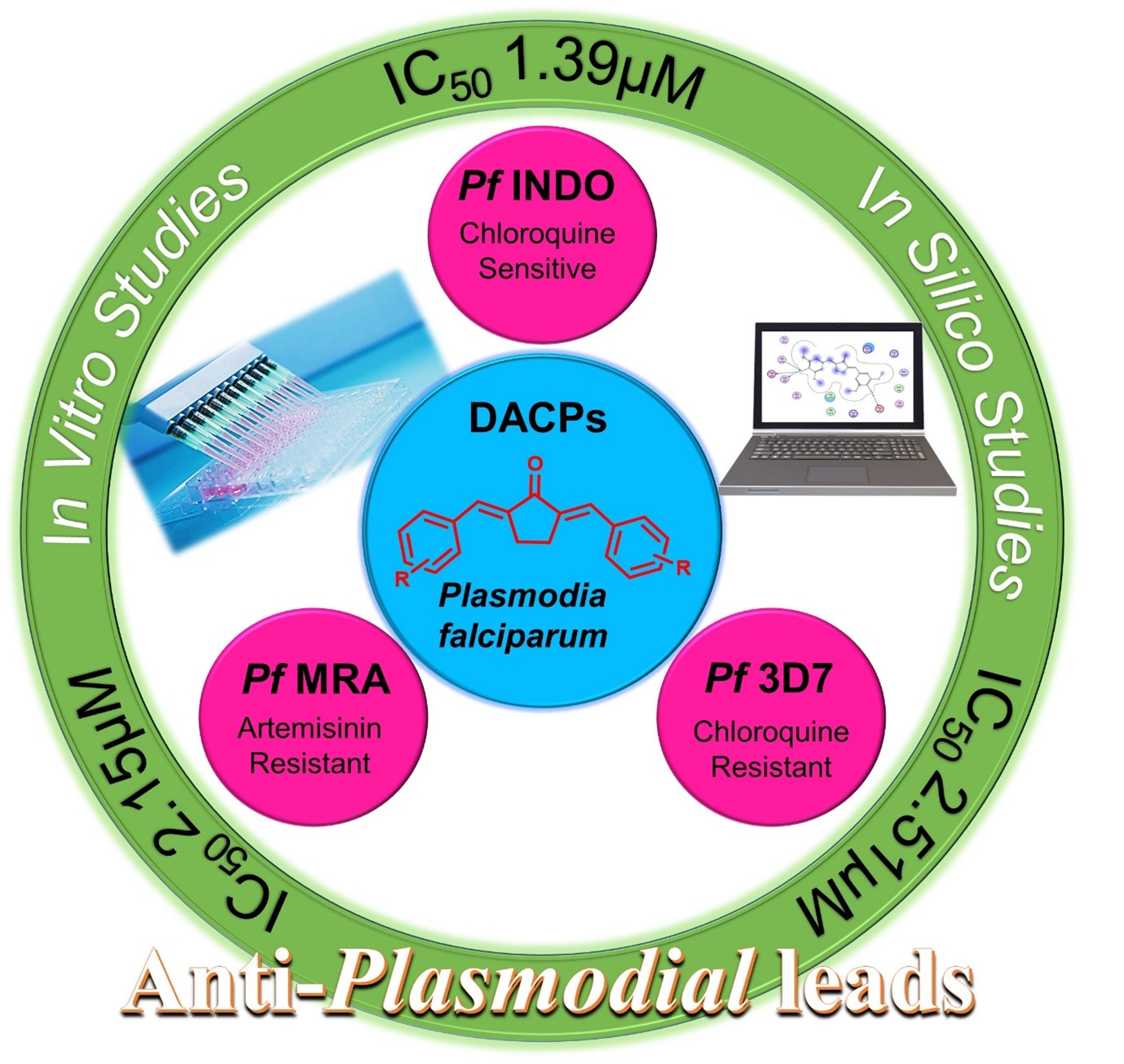
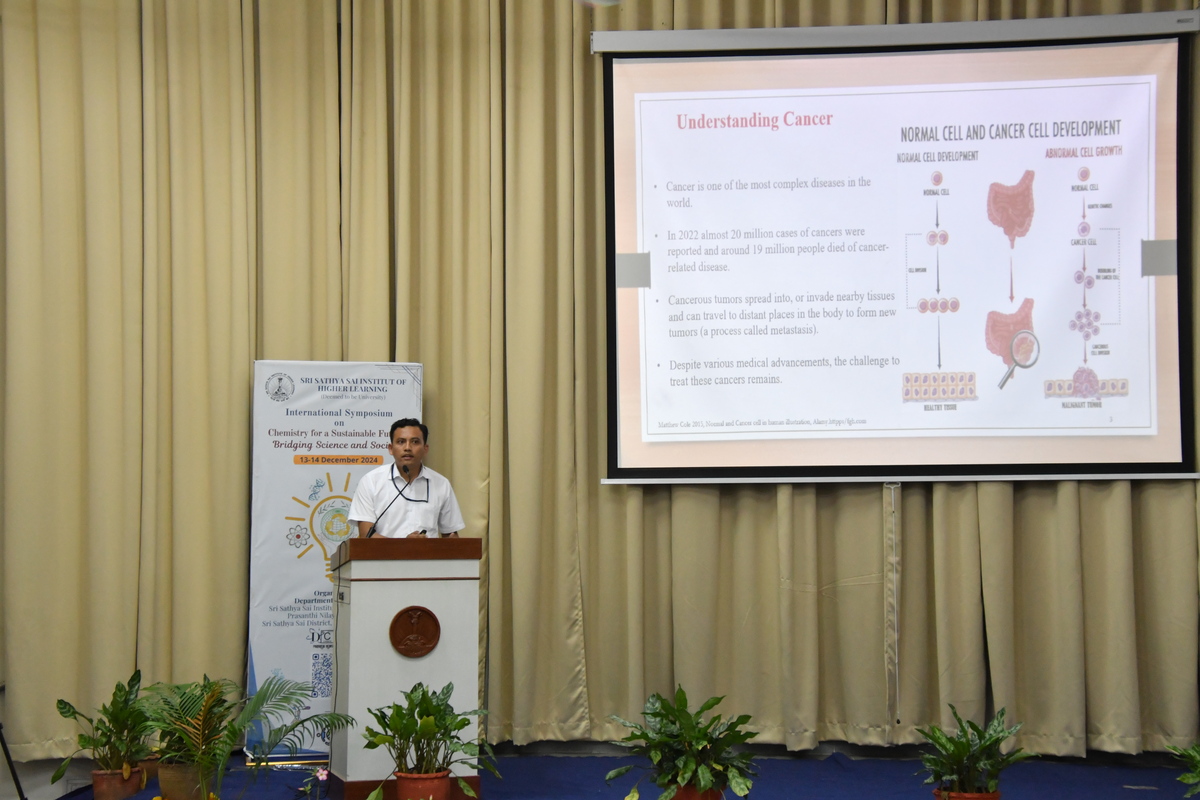
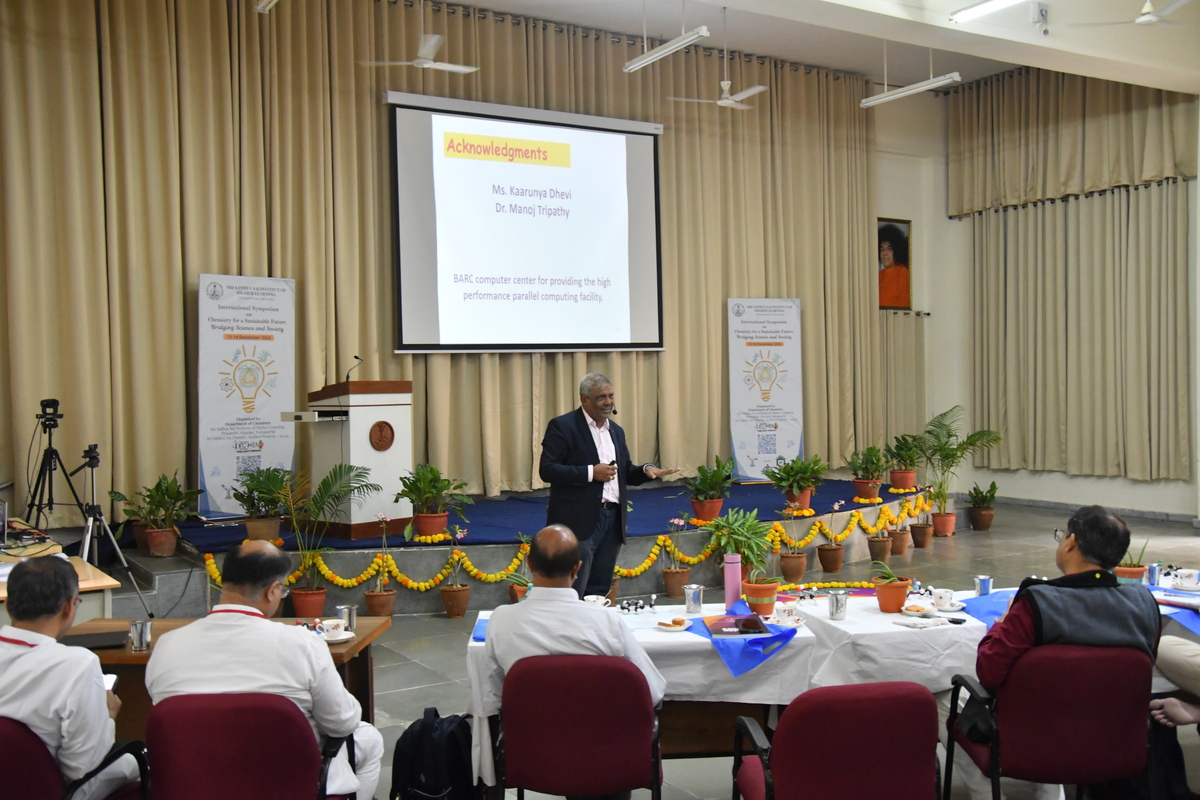
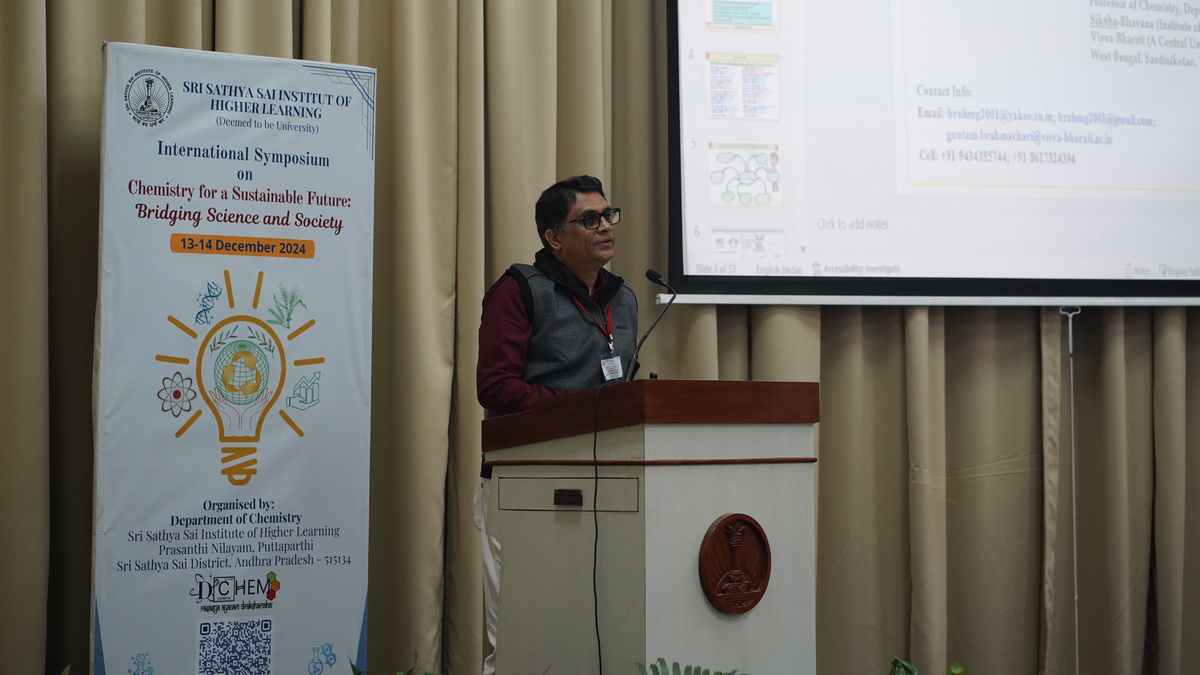
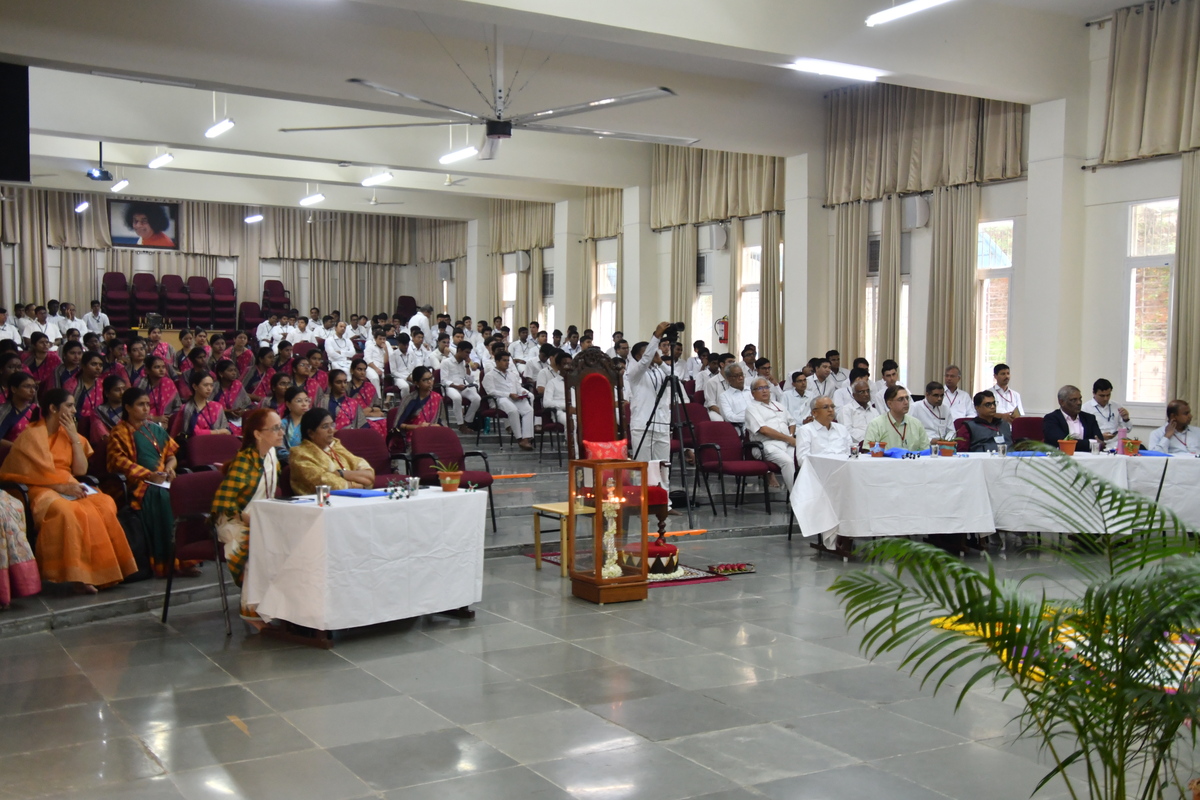
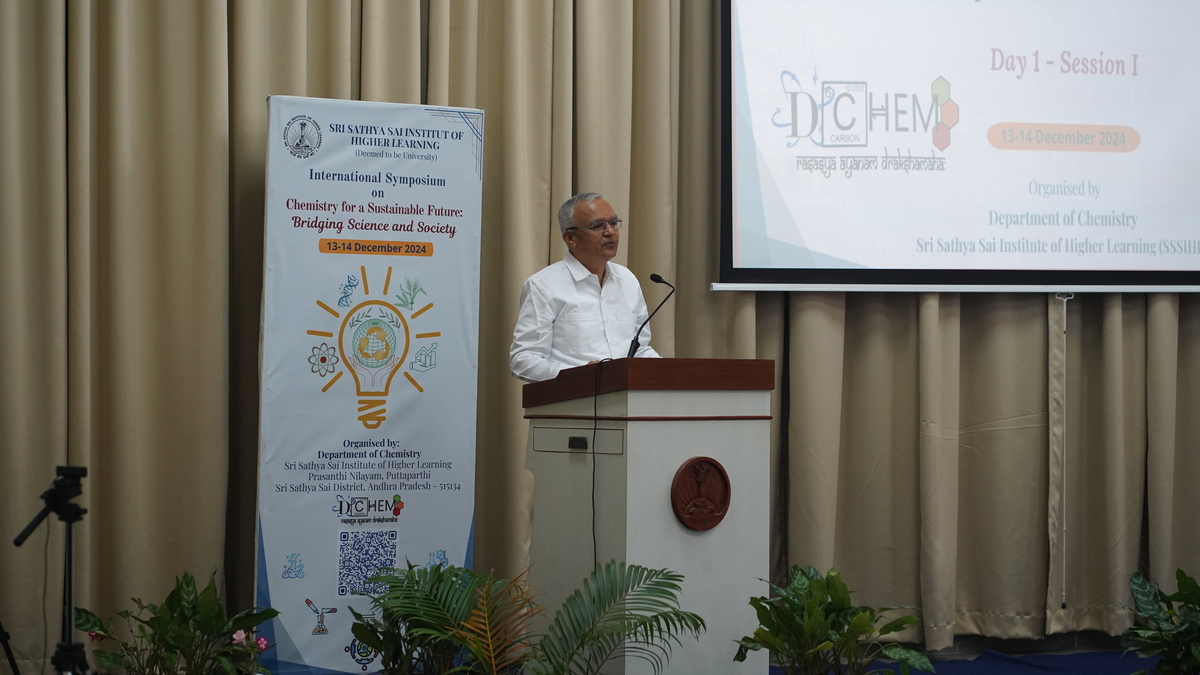
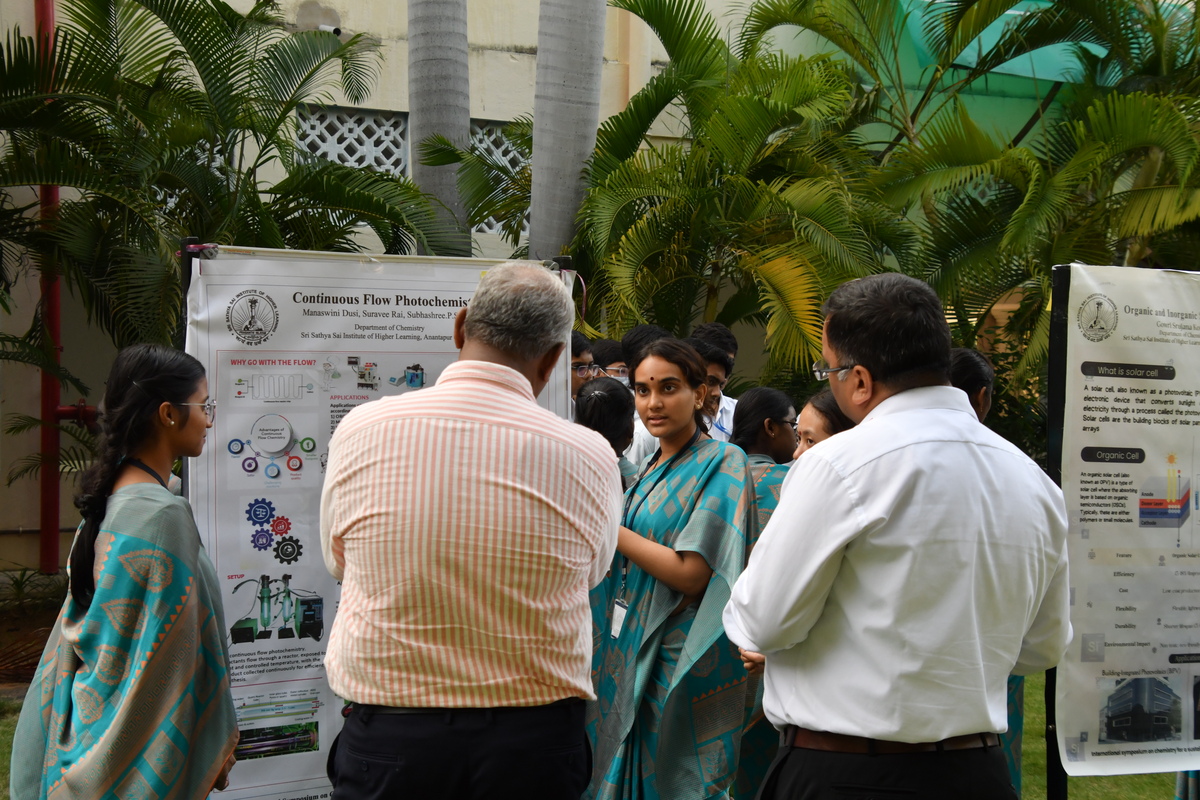
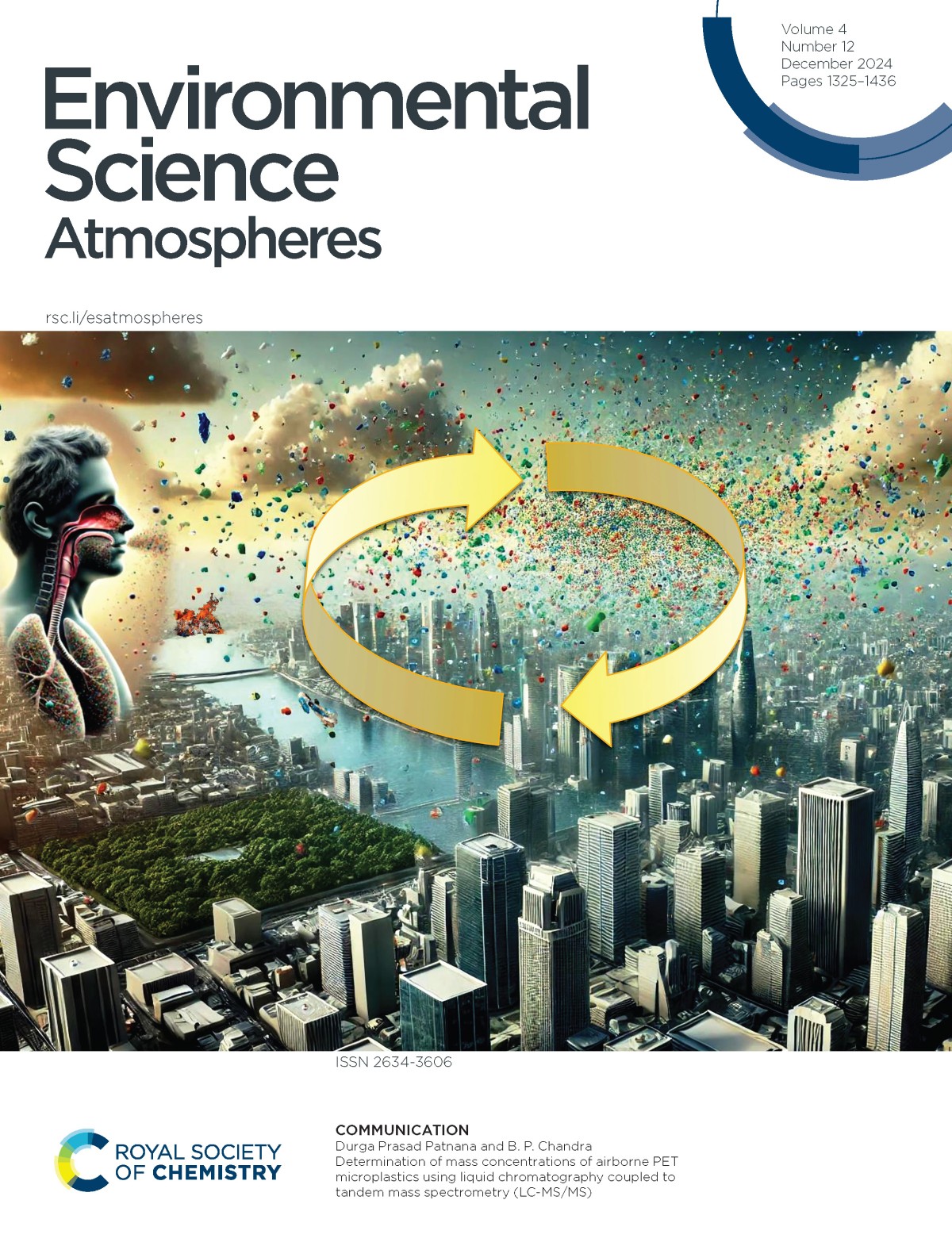 (PET), not only pollute the environment but also pose serious health risks, potentially leading to pulmonary diseases.
(PET), not only pollute the environment but also pose serious health risks, potentially leading to pulmonary diseases.